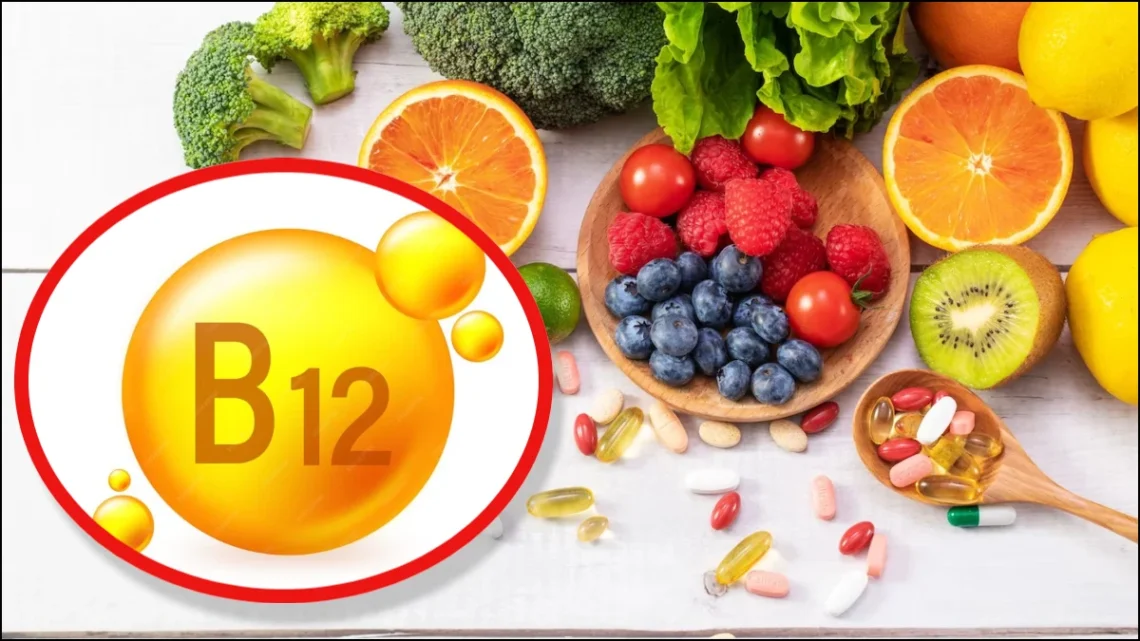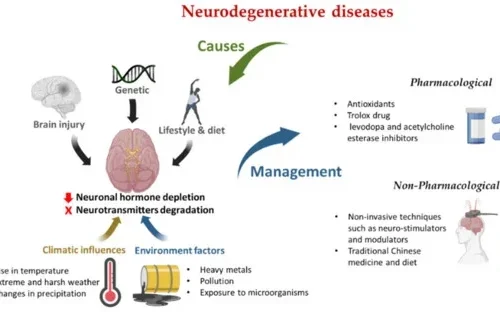Vitamin B_12, also known as cobalamin, is a water-soluble essential nutrient that plays an indispensable role in the human body. It supports the formation of healthy red blood cells, which transport oxygen efficiently throughout the body, preventing the debilitating condition known as megaloblastic anemia. Beyond blood health, B₁₂ is fundamental for maintaining a healthy nervous system, facilitating the formation of the protective sheath around nerves (myelin), and ensuring smooth neural communication. In addition, B₁₂ is vital for DNA synthesis and repair, contributing to genetic stability and proper cell division. Since the human body cannot produce this vitamin on its own, it must be obtained through dietary sources or supplements, making awareness of B₁₂ levels critical for overall wellness
Rich Sources and Daily Needs
Naturally, Vitamin B_12 is found primarily in animal-derived foods, such as meat, fish, poultry, eggs, and dairy. Individuals following vegetarian or vegan diets may rely on fortified foods like cereals, plant-based milks, and nutritional yeast for their B₁₂ intake. The Recommended Daily Allowance (RDA) for most adults is approximately 2.4 micrograms, with references suggesting up to 10–12 micrograms may be necessary for older adults due to decreased absorption capacity with age.
Recognizing Deficiency: A Hidden Threat
The symptoms of B₁₂ deficiency often develop slowly and can be easily misattributed to other causes. Early signs may include persistent fatigue, pale or yellowish skin, and a sore or inflamed tongue. As deficiency progresses, more concerning neurological symptoms can arise, such as numbness, tingling in the hands and feet, difficulty walking, and impaired memory and mood. These neurological effects, if untreated, can lead to irreversible damage. In severe cases, individuals may experience dementia-like symptoms, psychosis, and motor impairment.
Why Deficiency Occurs
Several key factors contribute to B₁₂ deficiency. Dietary insufficiency is a primary cause, especially among vegetarians and vegans who avoid animal products. More commonly, though, is malabsorption—disorders such as pernicious anemia, celiac disease, Crohn’s disease, or surgeries like gastric bypass impair the body’s ability to absorb B₁₂. Pernicious anemia is particularly notable; it involves an autoimmune attack on the stomach’s parietal cells or intrinsic factor, a protein critical for B₁₂ absorption. Certain medications, such as metformin and proton pump inhibitors, can also interfere with absorption. Additionally, genetic conditions and chronic gut inflammation may hinder B₁₂ uptake, even in people with adequate intake.
Detection and Restoration
Diagnosing a B₁₂ deficiency typically involves blood tests measuring serum B₁₂ levels, often paired with a complete blood count (CBC) to detect anemia. Levels below 150–200 pg/mL (111–148 pmol/L) generally indicate a deficiency, though some experts recommend evaluating methylmalonic acid (MMA) or holotranscobalamin for more accurate assessments. Early detection is crucial, as neurological symptoms—if caught early—can reverse with proper treatment. Mild deficiencies may respond well to oral supplementation, but when absorption issues are present, intramuscular injections or nasal sprays may be required to bypass digestive barriers
Long-Term Advantages and Safe Use
Maintaining healthy B₁₂ levels has extensive implications beyond preventing anemia. It supports energy metabolism, helps regulate the amino acid homocysteine (a risk factor for heart disease), and contributes to cognitive health, with emerging studies showing links between B₁₂ insufficiency and memory decline or dementia risk. Pregnant women with adequate B₁₂ reduce the risk of neural tube defects in infants and promote healthy neurological development. Supplements in recommended doses are generally safe and well-tolerated, with excess being excreted in urine. Though B₁₂ overdose is rare, extremely high doses may lead to side effects such as mild skin reactions or tingling, underscoring the importance of consulting healthcare professionals for personalized dosing.
Conclusion
Vitamin B_12 is a cornerstone nutrient essential for maintaining blood health, nervous system function, and DNA synthesis. Its deficiency is more widespread than commonly believed, often rooted in malabsorption, dietary choices, or health conditions. The wide-ranging symptoms—spanning physical, neurological, and cognitive manifestations—highlight the need for awareness, early detection, and proper intervention. Whether through fortified foods, oral supplements, or medical treatments, ensuring adequate B₁₂ intake is vital to promoting vitality and long-term wellness.
Would you like guidance on creating a healthy B₁₂–rich meal plan, locating ideal supplements, or evaluating symptoms for medical attention? Feel free to ask!





